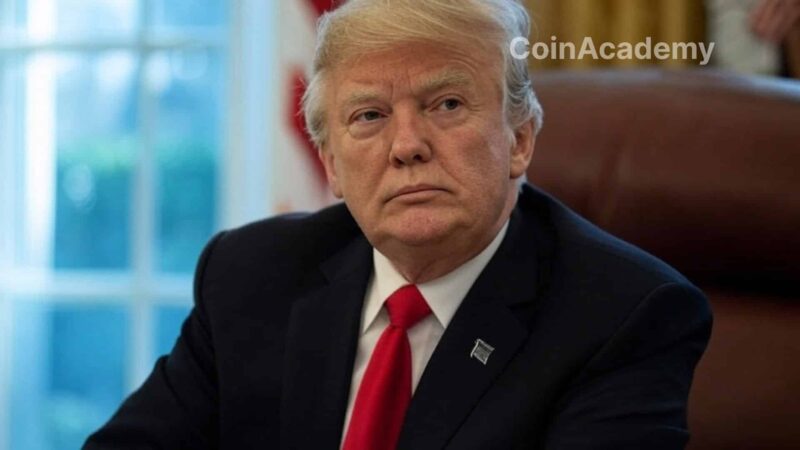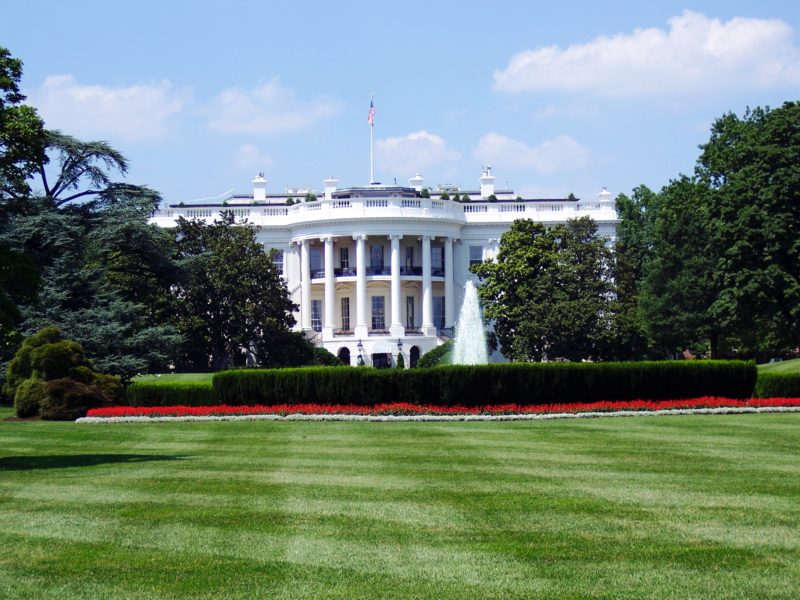|
Getting your Trinity Audio player ready...
|
Russian Deputy Finance Minister Alexey Moiseev has commented that while cryptocurrency may be risky for individual investors, it could be useful in international settlements.
At an economic forum in Moscow called “Banks. Transformation. Economy. 2.0,” Moiseev suggested that a special committee would be set up to grant permits to operators using cryptocurrency for foreign trade transactions. He explained that the country is currently restricted by Western sanctions, but that Russia’s foreign trade activities could benefit from the use of cryptocurrency.
Moiseev made it clear that he was referring to the use of cryptocurrency within certain contexts, and that a draft law designed to regulate this matter is still under consideration.
He stated, “We’ll experiment…If the bill is adopted, a certain committee will be formed, including representatives of a number of ministries, the Bank of Russia, and law enforcement agencies, which will give permission to individual operators to use cryptocurrency in foreign trade transactions.”
However, Moiseev also noted that it is likely that the legislative process necessary to provide a legal basis for such trials will be delayed until the end of the year. This isn’t the first time that cryptocurrency has been a topic of debate in Russian politics, as government officials and lawmakers have been discussing various aspects of the country’s regulatory approach for a while now.
The Russian Ministry of Finance is generally more liberal when it comes to cryptocurrency regulations, while the Central Bank of Russia maintains a conservative stance. However, due to sanctions pressure on Russia following the country’s invasion of Ukraine, both sides have agreed that cross-border settlements using cryptocurrency may be essential.
At present, most state institutions in Russia are opposed to legalizing transactions involving decentralized cryptocurrencies like Bitcoin within the country. The only exception would be for facilitating international payments under special legal regimes that are yet to be established.




